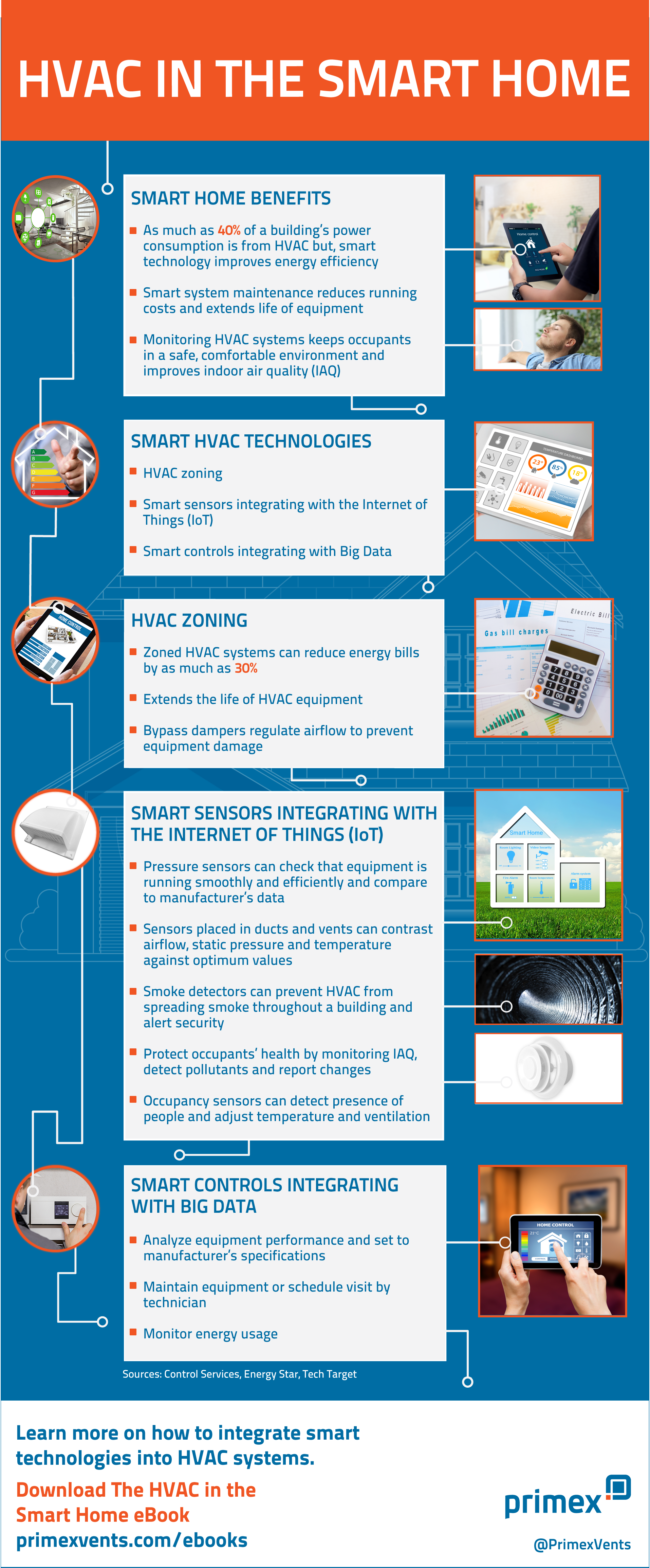The Future Of Home Heating - Just How Heat Pump Technology Is Evolving
The Future Of Home Heating - Just How Heat Pump Technology Is Evolving
Blog Article
Material Author-Marshall Oliver
Heat pumps will certainly be an important technology for decarbonising home heating. In a situation constant with governments' revealed power and environment commitments, their worldwide capacity doubles by 2030, while their share in home heating rises to one-quarter.
They function best in well-insulated homes and rely on electrical power, which can be provided from a sustainable power grid. Technical breakthroughs are making them extra effective, smarter and more affordable.
Gas Cells
Heatpump utilize a compressor, refrigerant, coils and followers to relocate the air and heat in homes and devices. They can be powered by solar power or electricity from the grid. They have actually been gaining appeal because of their inexpensive, quiet operation and the capacity to produce electrical power during peak power demand.
Some firms, like IdaTech and BG MicroGen, are working with gas cells for home heating. These microgenerators can replace a gas boiler and produce several of a house's electric needs with a link to the power grid for the remainder.
However there are factors to be skeptical of using hydrogen for home heating, Rosenow says. It would certainly be expensive and inefficient contrasted to other modern technologies, and it would certainly contribute to carbon exhausts.
Smart and Connected Technologies
Smart home innovation enables homeowners to connect and regulate their devices from another location with making use of smartphone apps. For instance, clever thermostats can discover your home heating choices and instantly adjust to maximize energy intake. Smart illumination systems can be regulated with voice commands and automatically switch off lights when you leave the area, minimizing energy waste. And clever plugs can keep an eye on and handle your electric usage, permitting you to identify and restrict energy-hungry home appliances.
The tech-savvy home illustrated in Carina's interview is a good illustration of just how passengers reconfigure space home heating practices in the light of brand-new wise home technologies. They rely on the gadgets' automatic features to execute daily adjustments and concern them as a practical means of performing their heating practices. Thus, they see no reason to adapt their methods further in order to allow flexibility in their home energy demand, and treatments focusing on doing so might deal with resistance from these homes.
Electrical power
Given that warming homes accounts for 13% people emissions, a switch to cleaner choices could make a large difference. However the innovation encounters difficulties: It's expensive and needs considerable home renovations. And https://daltonlgbup.blogscribble.com/29377207/exploring-the-ecological-benefits-of-heat-pumps-a-sustainable-home-heating-option 's not always suitable with renewable resource resources, such as solar and wind.
Till just recently, electric heat pumps were as well costly to compete with gas designs in most markets. However brand-new developments in layout and products are making them extra affordable. And ac service canterbury is allowing them to operate well also in subzero temperatures.
The following step in decarbonising heating may be using warm networks, which draw heat from a central resource, such as a nearby river or sea inlet, and distribute it to a network of homes or structures. That would certainly decrease carbon exhausts and enable households to make use of renewable energy, such as environment-friendly electrical power from a grid supplied by renewables. This option would certainly be much less costly than changing to hydrogen, a nonrenewable fuel source that requires new facilities and would just decrease CO2 discharges by 5 percent if paired with enhanced home insulation.
Renewable Energy
As electrical power prices drop, we're beginning to see the same fad in home heating that has driven electric cars into the mainstream-- however at an even quicker rate. The solid environment situation for electrifying homes has been pressed even more by brand-new research.
Renewables make up a considerable share of modern-day heat consumption, but have actually been offered limited policy focus around the world compared to other end-use industries-- and also less interest than power has. Partly, this shows a mix of consumer inertia, split incentives and, in several nations, aids for nonrenewable fuel sources.
New technologies could make the shift less complicated. As an example, heatpump can be made extra energy effective by changing old R-22 refrigerants with brand-new ones that don't have the high GWPs of their predecessors. Some experts also visualize area systems that attract warmth from a close-by river or sea inlet, like a Norwegian fjord. The warm water can after that be utilized for heating & cooling in a community.